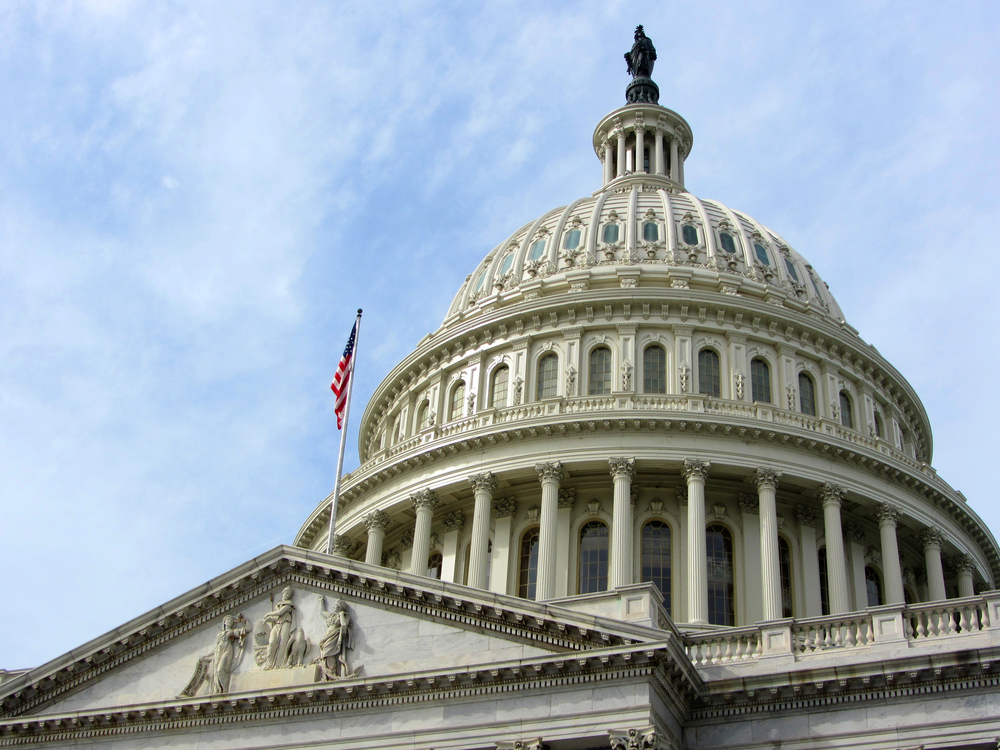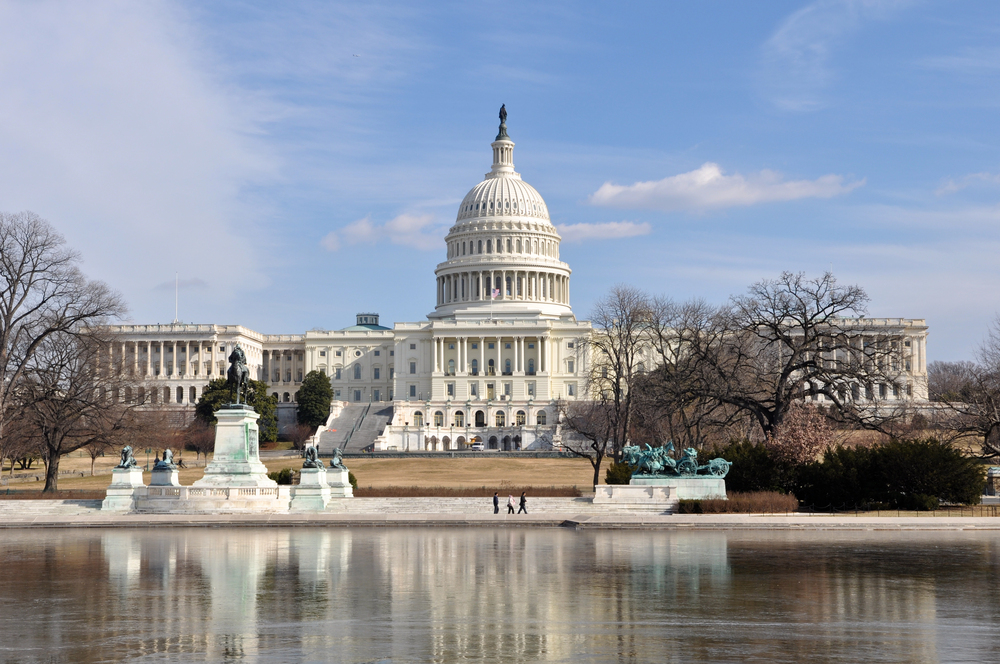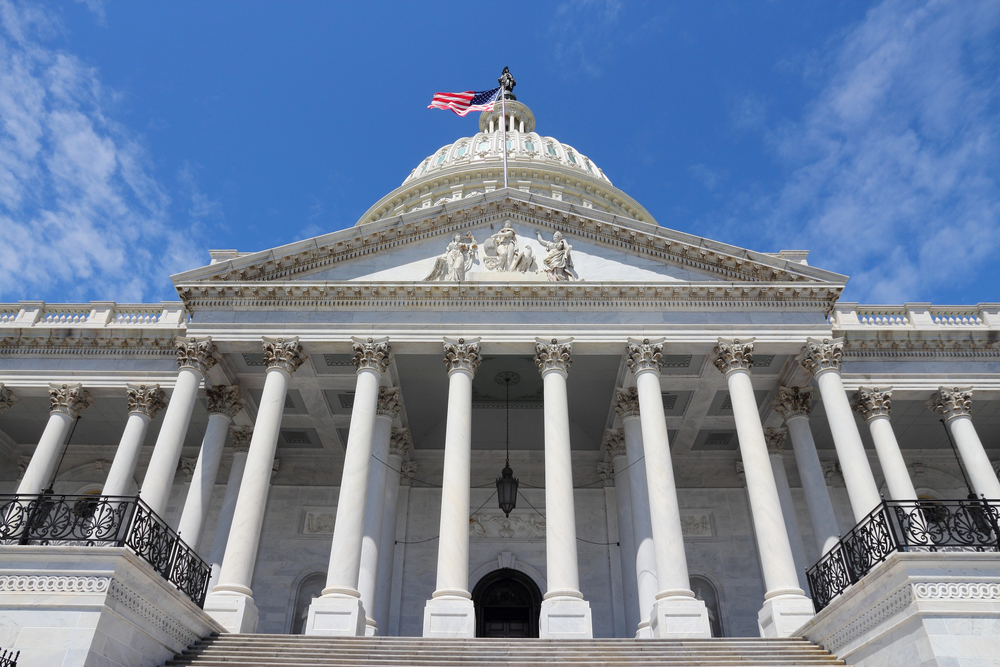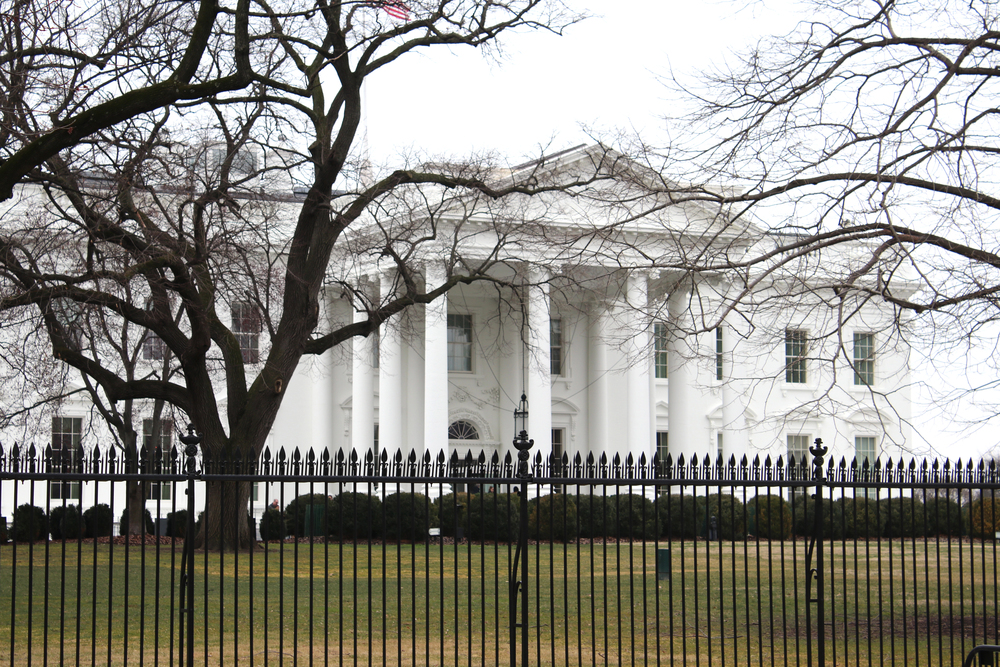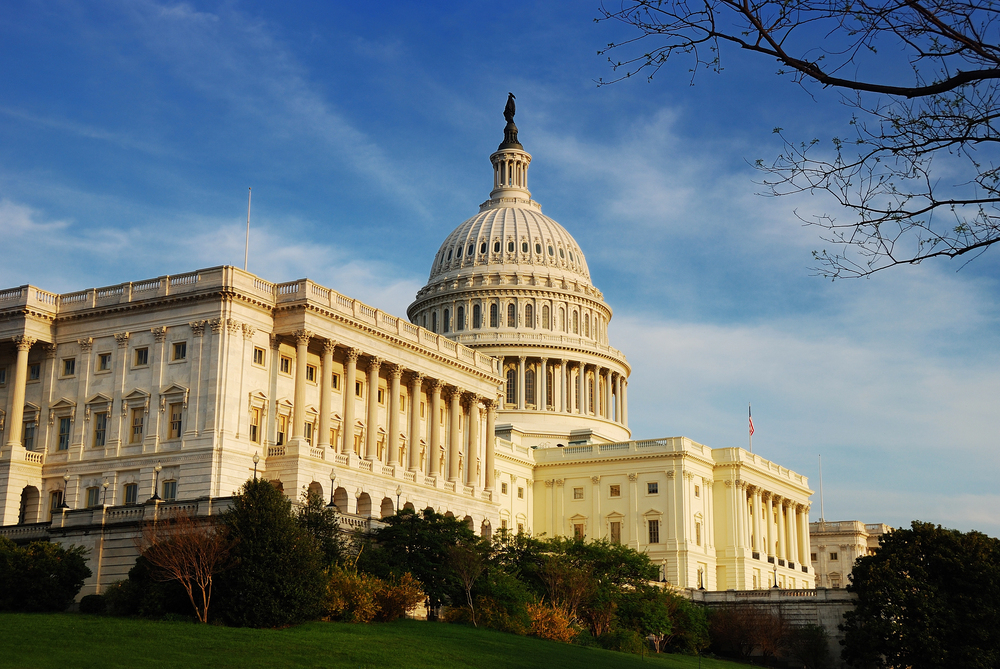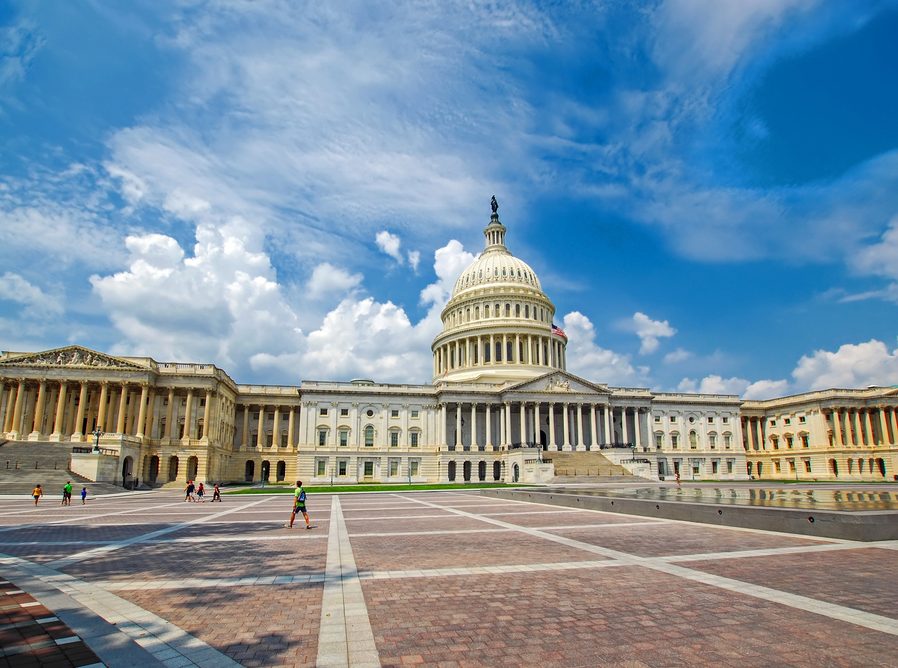Democrats Release Initial List of Tax Increases to Pay for Spending Package

By: Wyatt Stewart
Late Sunday, the U.S. House Committee on Ways and Means released a summary of tax provisions intended to pay for the Democratic party’s proposed $3.5 trillion spending package. The committee is scheduled to mark up these provisions this week.
The House Democrats’ plan includes several troubling provisions for pass-through businesses that would cause steep tax increases. It raises the current top individual tax rate from 37% to 39.6%. Additionally, this new top rate now applies to married individuals filing jointly with taxable income over $450,000, heads of households with taxable income over $425,000 and unmarried individuals with taxable income over $400,000.
Previously, the 37% top rate of tax applied to married couples filing jointly earning over $628,301 and single filers and heads of households earning over $523,601.
The budget proposal takes another swipe at wealthy individuals by imposing an additional 3% surtax on individuals with adjusted gross income exceeding $5 million or $2.5 million for a married individual filing separately.
The Democrats plan also takes aim at the 20% small business deduction by setting the maximum allowable deduction at $500,000 for joint returns, $400,000 for an individual return, $250,000 for a married individual filing a separate return and $10,000 for a trust or estate. The amendments made by this provision would apply to taxable years after Dec. 31.
Additionally, the proposal increases the top capital gains tax rate from 20% to 25%. An initial read of the tax provisions suggests the capital gains increase may target a wider group than President Joe Biden initially laid out in his plans. Although the White House had previously said a capital gains hike would only apply to individuals making over $1 million a year, this may target those making over $400,000, casting a much wider net.
In a bright spot for family-owned businesses, the committee’s proposal did not include any changes to stepped-up basis. Last week, the Big “I” sent a letter to the Ways and Means Committee urging Congress to make no changes to stepped-up basis.
The proposal does make changes to the estate tax, however. President Donald Trump’s tax plan had previously doubled the estate and gift tax exemption to $24,000,000 for married filers. The provision is currently scheduled to expire on Dec. 31, 2025. The Democrats plan would move the expiration date up to Dec. 31, 2021.
In additional financial planning news, the proposal closes “back-door” Roth IRA strategies by eliminating Roth conversions for both IRAs and employer-sponsored plans for single taxpayers or taxpayers married filing separately with taxable income over $400,000, married taxpayers filing jointly with taxable income over $450,000, and heads of households with taxable income over $425,000. The amounts are all indexed for inflation.
This provision applies to distributions, transfers and contributions made in taxable years beginning after Dec. 31, 2031. Furthermore, this section prohibits all employee after-tax contributions in qualified plans and prohibits after-tax IRA contributions from being converted to Roth regardless of income level, effective for distributions, transfers, and contributions made after Dec. 31, 2021.
As far as the corporate rate tax, the House Democrats’ plan replaces the flat corporate income tax with a graduated rate structure. The rate structure provides for a rate of 18% on the first $400,000 of income; 21% on income up to $5 million, and a rate of 26.5% on income thereafter. The benefit of the graduated rate phases out for corporations making more than $10 million. Personal services corporations are not eligible for graduated rates.
As congressional Democrats push forward with spending, the Big “I” will continue to advocate on behalf of its members and strongly oppose any attempts to increase taxes on Big “I” members.
Wyatt Stewart is Big “I” assistant vice president of federal government affairs.


